100 Women 2015: How can we stop unconscious bias?
- Published
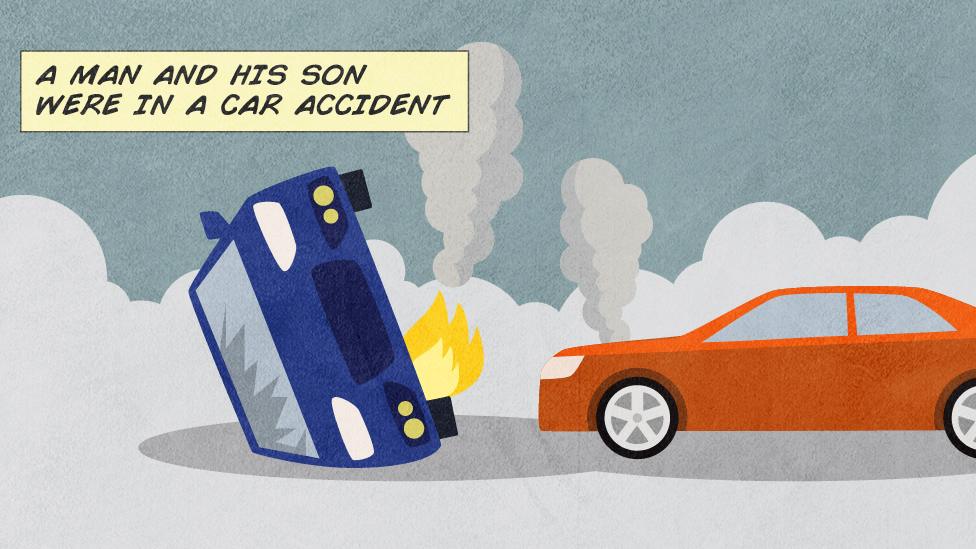
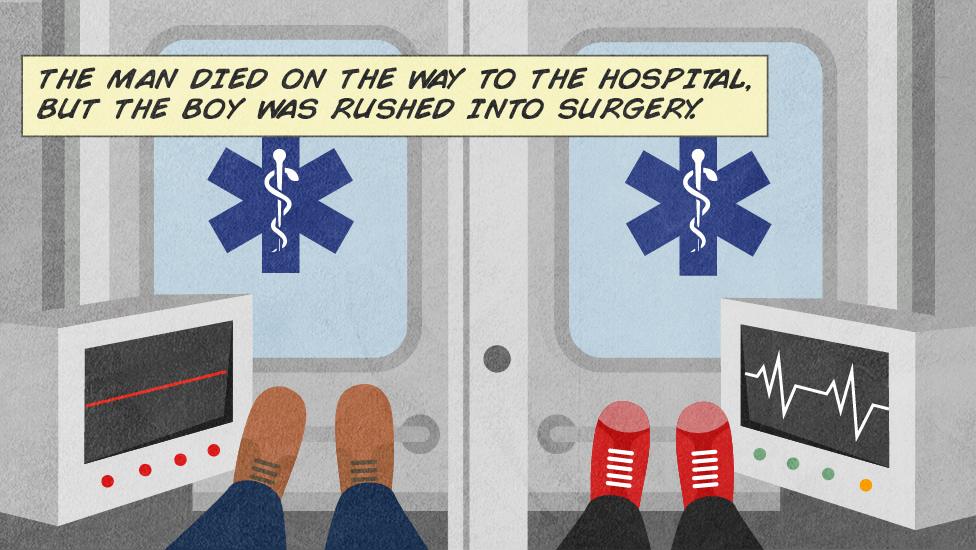
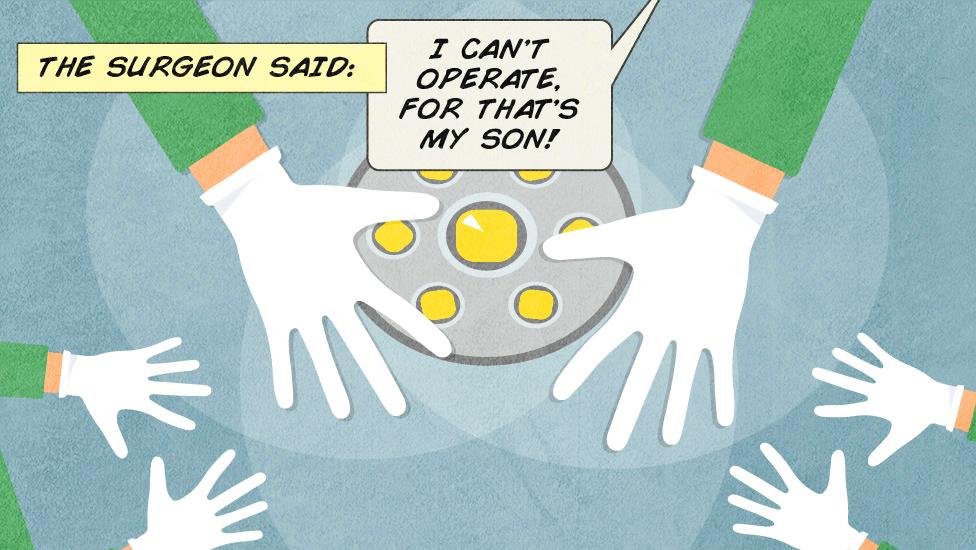
We can't avoid making snap decisions about other people. Who is powerful or weak? Who is caring or aggressive? Who is trustworthy and who is competent? This is called unconscious bias and this cartoon shows it in action.
At first glance we might be confused because we (wrongly) assume the surgeon is the father - who is now dead - it is in fact the mother.
This is prejudice, and it is often wrong. But you should not feel guilty about this.
These assumptions come from the ancient, unconscious part of our mind - the decisions are rigged before they are even made, and after all, the unconscious part of our mind has stood us in good stead over millions of years of evolution.

The glitches in your thinking

Our gut instincts are riddled with flaws that are so predictable they have been studied and even named.
Perhaps the most intriguing bias of all is that we tend to assume that everyone else is more susceptible to having biases than we are.
Discover some of the common biases that lead us to make mistakes.

It allows us to decide in a split second who is friend or foe, simply by assessing whether another person looks like us. It urges us to prefer the familiar and fear the unfamiliar. The trouble is, our friends and foes are no longer the same as they were for our remote ancestors.

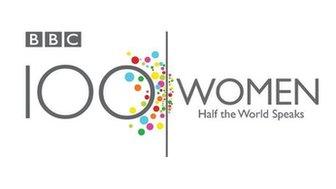
Uta Frith is one of our 100 Women 2015
This year's season features two weeks of inspirational stories about the BBC's 100 Women and others who are defying stereotypes around the world.
Like us on Facebook, external and follow us on Instagram, external using the hashtag #100Women, external. Listen to the programmes here.

We automatically categorise people on the basis of their looks or their gender as belonging to our group. If they are our group, we are happy to align with them, and we count on them for support.
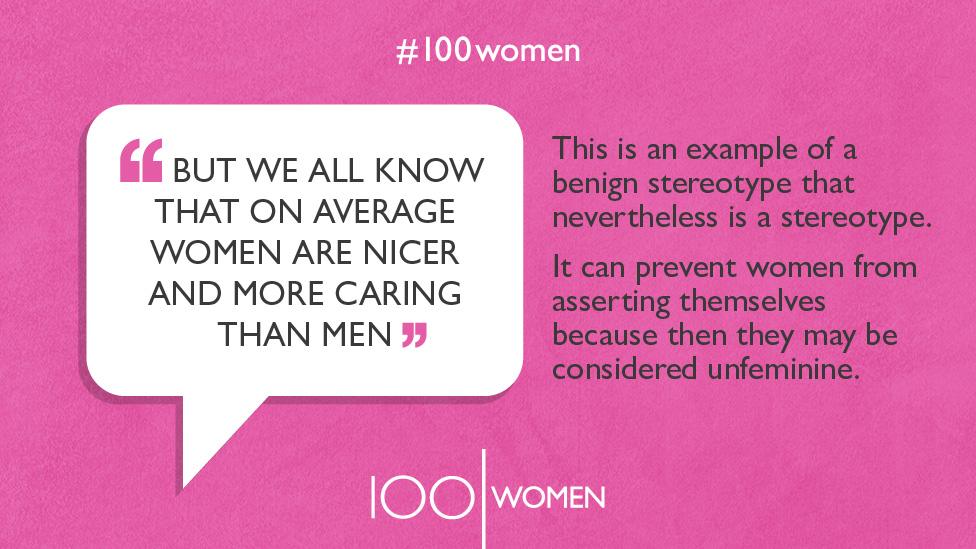
Gender is a shortcut to help us guess whether someone is strong or weak, aggressive or caring. Our unconscious mind rings alarm bells if someone is different from us or unfamiliar, but most ancient signals of danger are past their use by date.
In our modern social world we want to create equality and fairness. We have learned the values of democracy and justice. We have learned that we benefit more from cooperation than from conflict.
We have found out that in politics unlikely alliances between enemies can work, and that oddballs can make outstanding discoveries. We have learned that men can be nurturing and that women can be aggressive.
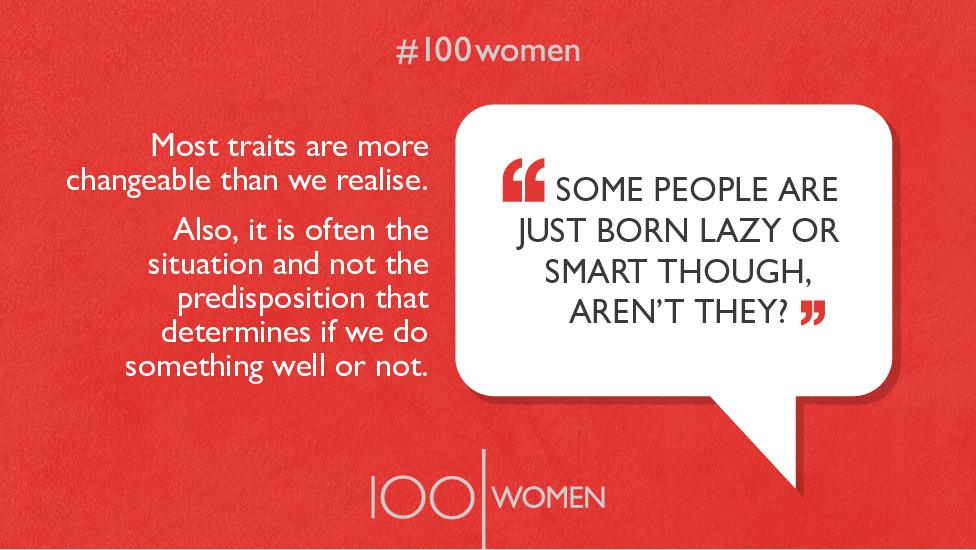
Still deep down we may feel that these examples do go a bit against the grain. This is our ancient unconscious stereotypes rattling their cages.
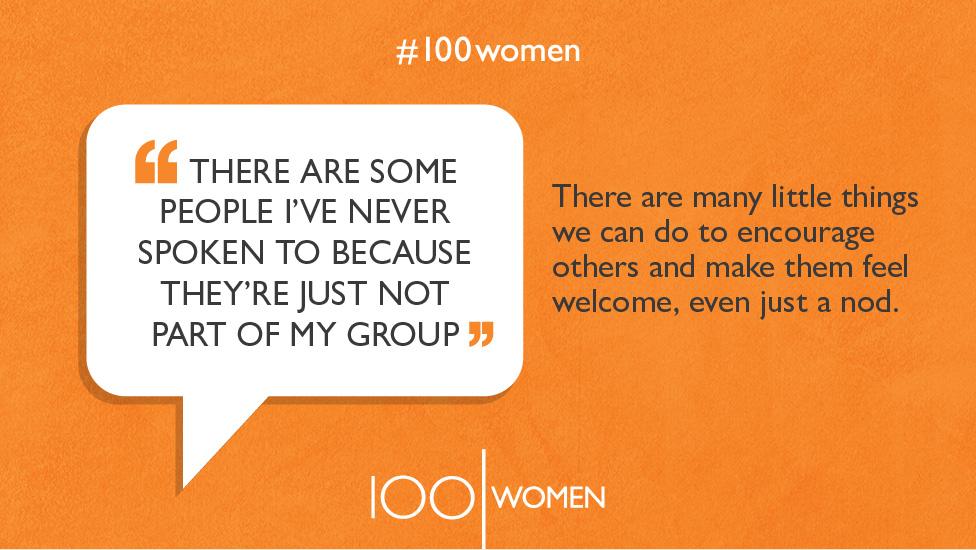
Let them rattle. We have come to realise that prejudice in political negotiations leads only to deadlock, and that to exclude oddballs from taking up science would be a serious disadvantage.
We now know that a diversity of viewpoints helps us to avoid being stuck in a rut.
Here is where the master part of our conscious mind has to assert itself. It cannot kick out of the unconscious part, but it can be aware of its obstinacy and can override it when making decisions. It can question even those stereotypes that seem truthful and harmless.
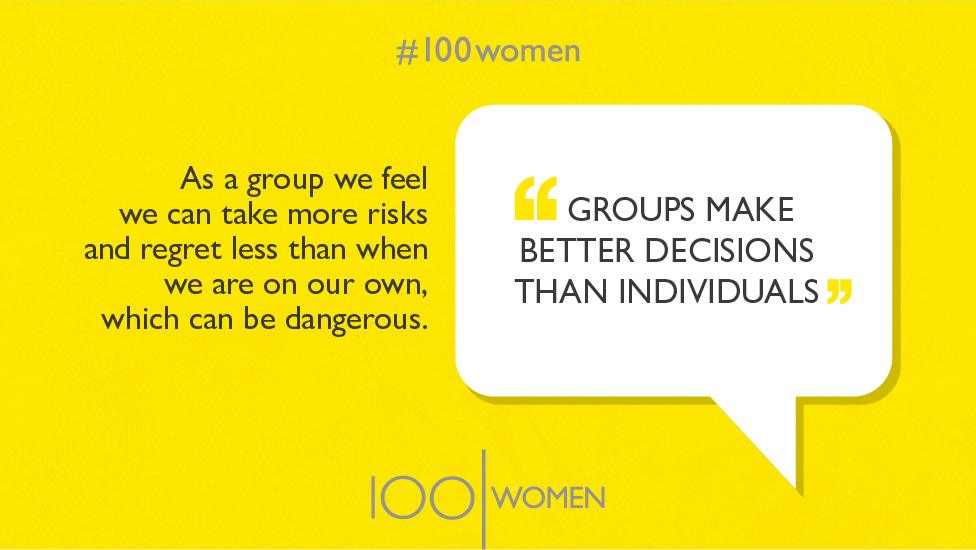
Here's an example: Most of us hold the unconscious bias that women are nicer, more amenable to be helpful and more inclined to care and nurture others. Men on the other hand, are stereotyped as aggressive, competitive and less inclined to care for others.
Women are nicer beings. Why should we override this bias?
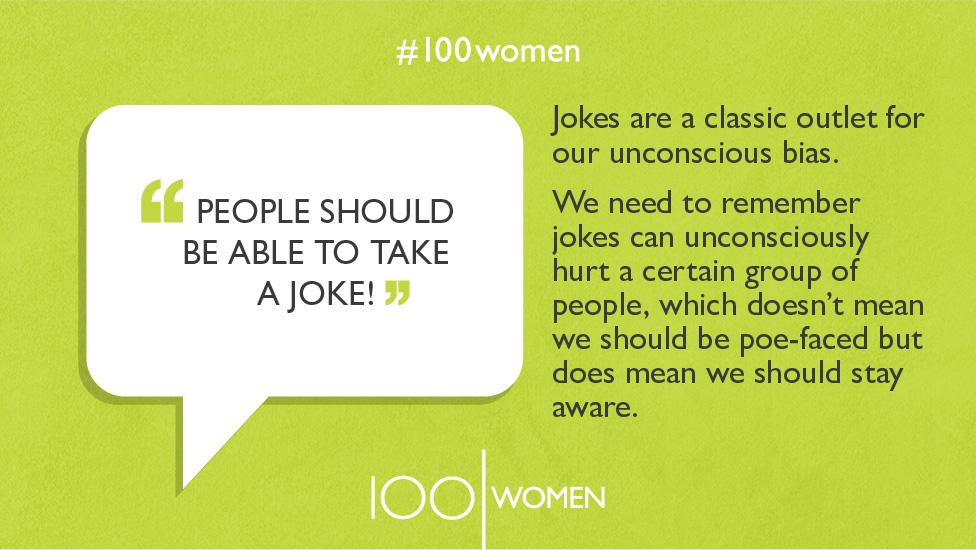
Here is why. A mother has had a sleepless night because she was kept awake by a fretful baby. In the morning visitors arrive and her husband goes to change the baby's nappy. The visitors heap praise on the husband saying he is doing something exceptional, or that he is nice, nurturing and kind.
The wife is not praised as she is seen as just fulfilling her duty.
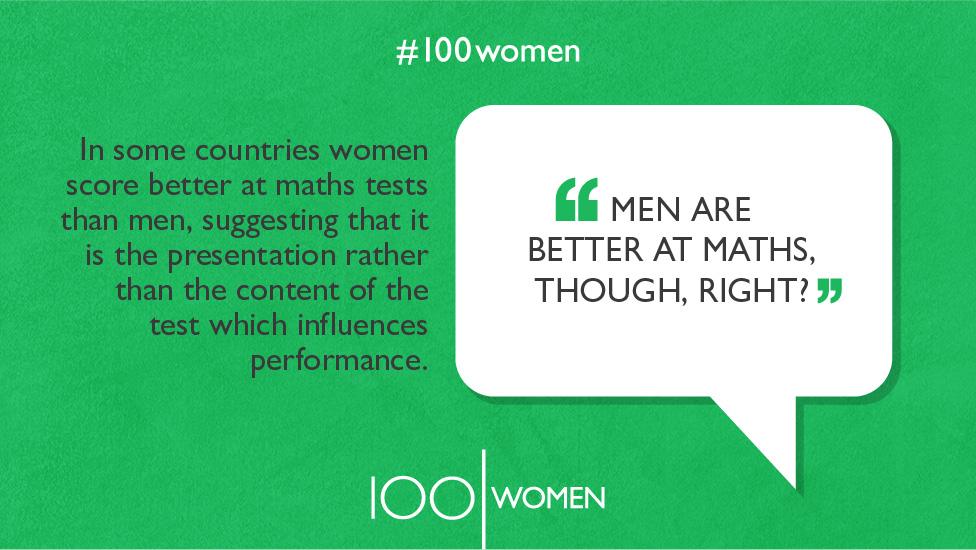
Here is another example. A woman is loudly defending her arguments in a scientific meeting. Most of the audience consider the woman unbecomingly aggressive. Actually, if a man had made the same arguments in the same voice he would have been considered simply clear and forthright.
So the niceness stereotype is a way of keeping women at a lower place in the hierarchy, so that they find it harder to compete with men.
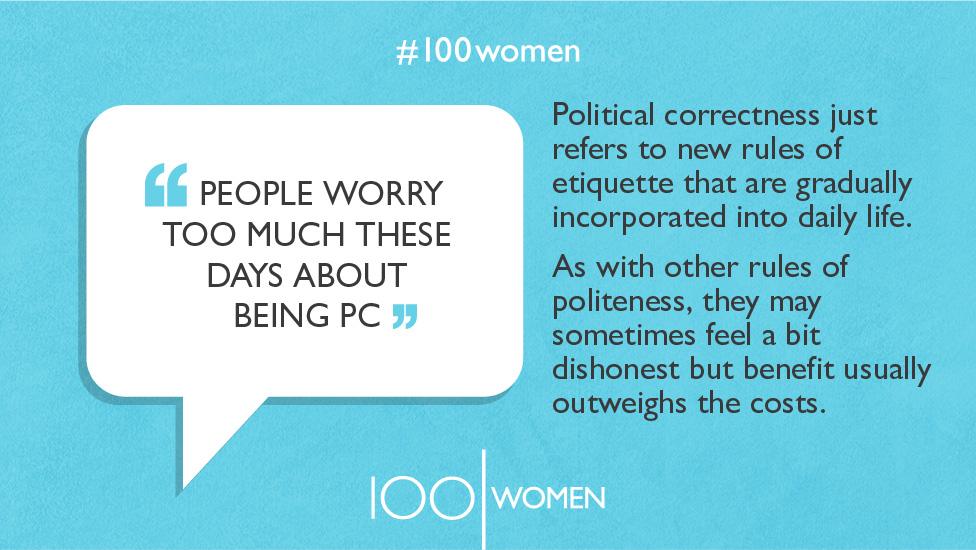
How can we overcome unconscious bias? We can slow down our decision and query our first reactions. We can monitor and challenge each other because we see bias more easily in others than in ourselves.
Of course we should not blame each other. It's only human to have unconscious biases. The good news is that we can get out of the trap by being willing to first acknowledge they exist.
Dr Uta Frith is Emeritus Professor of Cognitive Development UCL, and Chair of the Royal Society's Diversity Committee @utafrith http://frithmind.org/socialminds/blog/
- Published11 June 2015

- Published26 October 2015
